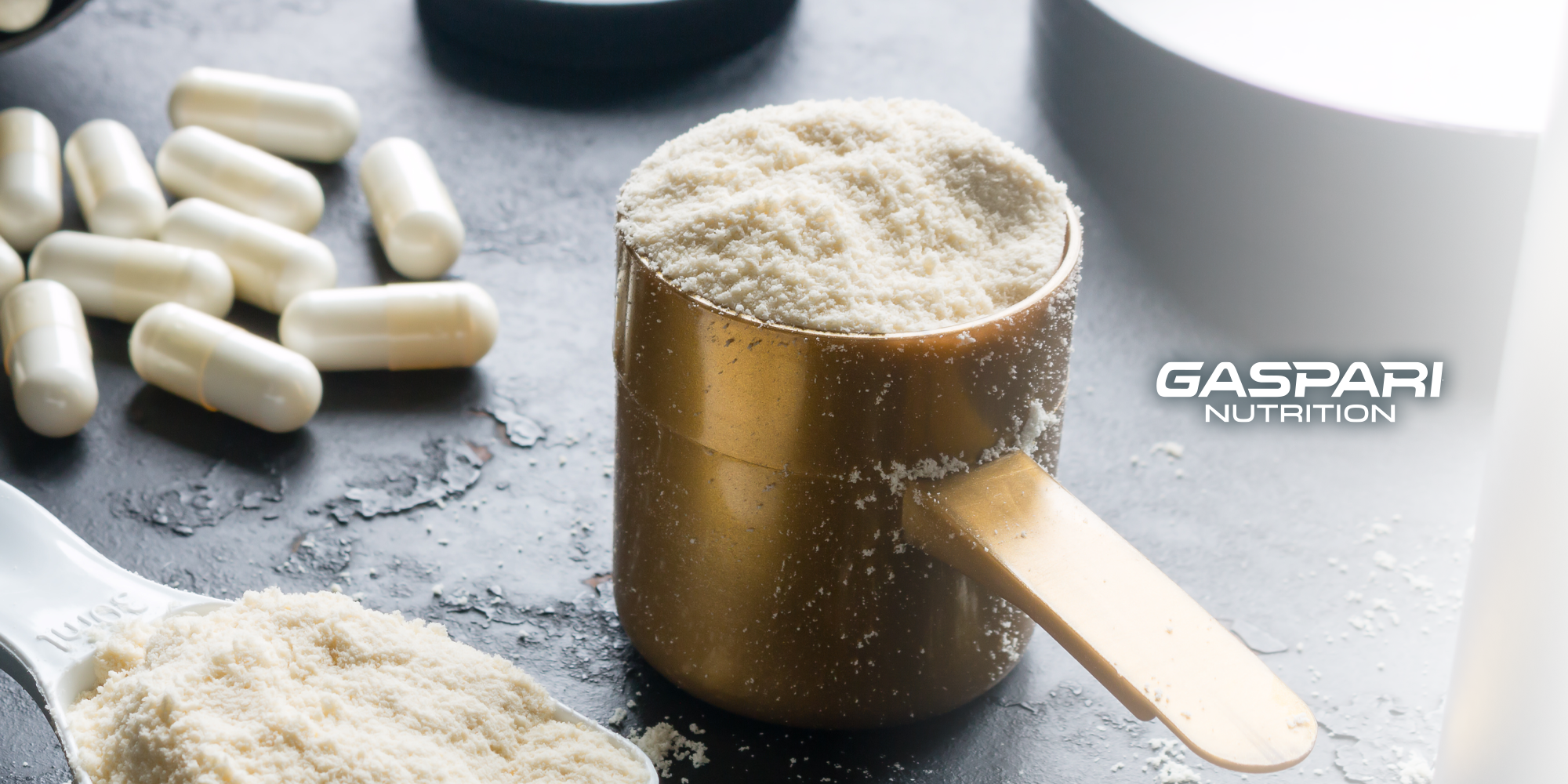Creatine, more specifically, creatine monohydrate, is one of the most studied dietary supplements in history.
Reams of peer reviewed and published research indicate numerous ergogenic benefits of creatine supplementation, as well as eating creatine rich foods (meat).
Depending on how you cycle creatine, and how much creatine a day you take, the apparent gains in muscle mass have caused many a coach to wonder if creatine is a steroid.
Well, right off the bat, creatine is not a steroid, or even a drug. It's a naturally occurring compound of three amino acids, (glycine, arginine, and methionine) that the body manufactures, as well as utilizes from a diet of creatine rich foods. In the human body, creatine is found mostly (95%) in skeletal muscle. (The rest is distributed by the bloodstream to the brain, testes, and other tissues). Creatine’s primary metabolic role is to combine with a phosphoryl group to create creatine phosphate, which is used to facilitate the conversion of adenosine triphosphate (ATP) in the production of energy, when protein, carbs and fat are oxidized. The result, of one phosphate being lost from ATP, is a new compound called ADP (adenosine di-phosphate), which the body will use to convert back into ATP using creatine. So,
the process starts with ATP, the conversion of ATP to energy leaves us with ADP. Add creatine and the body reforms ATP and stores it in the muscle, providing energy when you need it.
When researchers gave test subjects creatine, they noticed that very little of it was excreted. This means that the body actually does store it - in muscle it turns out. This means that supplementing with creatine, or at the very least, eating a diet in creatine rich foods can help energize longer, harder, workouts.
Creatine supplementation can help further increase ATP so you can workout harder. This is really important for athletes whose activities rely on short, fast, explosive movements.
Your onboard supply of creatine phosphate is the body's preferred source of energy when you perform such anaerobic activity.
Apart from the intense power they're able to generate on creatine, what bodybuilders love about creatine is the way it attracts water to muscle. Hydrated muscle not only looks bigger and more pumped, but hydration plays an important roll in protein synthesis in muscle.
Research on creatine has also demonstrated benefits that can benefit anyone, not just athletes. Better bone density, glucose metabolism and brain function have also been notably improved with supplemental creatine.

Loading creatine, while not completely necessary, does bring on its effect sooner. The recommended creatine dosage for the loading protocol is a five day period of 10 - 15 grams a day (split into two or three doses to avoid stomach upset) to saturate the muscle and then back down to 5 grams a day for maintenance. There’s a lot of talk about how to cycle creatine and if it’s necessary. While there’s certainly no adverse affect to taking creatine for the rest of your life, the body does tend to regulate itself. Over time, your body will strive to maintain only the creatine levels it needs, not how much you need to keep your pump. So, it is conceivable that your body will excrete some of the excess creatine from supplementation or downgrade the number of creatine receptors, or a little of both. That being an accepted argument,
it would be best to stop taking creatine for three - four weeks after an eight - 10 week cycle, then go back on. You can cycle creatine on and off like that indefinitely.
As far as creatine safety goes, to date, there is absolutely no credible research that demonstrates any danger to using it. Naturally, if you exceed the recommended dose you could have some digestive disruptions, but that’s true for just about anything. When you look at any of the reams of research that exist on creatine, you should remember that well over 90% of that research has been on creatine monohydrate. While the supplement market is rife with supplements containing creatine malate, nitrate, and buffered creatine, there is no research that demonstrates that any other form of creatine is any better than monohydrate.
So, is creatine a safe supplement? It absolutely is, and it's effective too!













































































Share:
Eggs vs. Steak: Which Is the Better Protein Source?
30-Minute Workout Enough To Build Muscle?